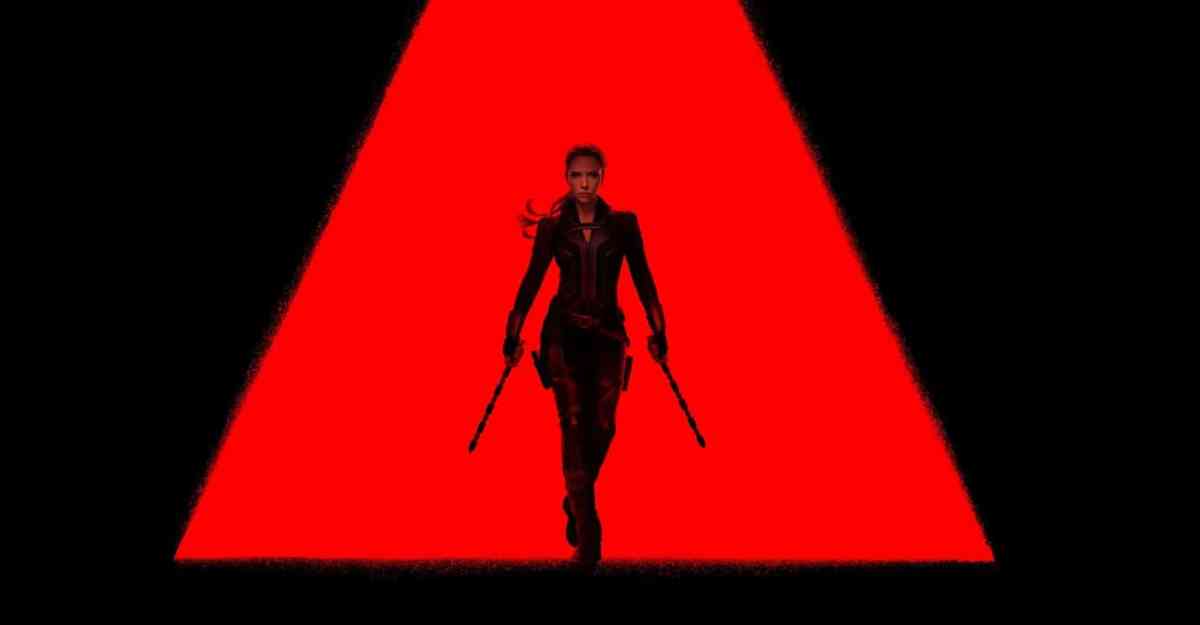
This week, a prominent game designer went rogue and destroyed the videogame publishing business model. Tim Schafer posted his “Double Fine Adventure” project on Kickstarter with a goal of $400,000 and in less than 24 hours raised that and much, much more than just money. Schafer’s amazing Kickstarter success story raised questions for the future viability of the publisher/developer model, as well as raising concerns over how far the crowd-funding trend can continue. Naysayers be damned, I predict we’ll see a lot more game-makers leaping to self-publishing through Kickstarter in the next few years. Which I think is great.
Since games transitioned into a big business somewhere in the 1990s, the system has mirrored the Hollywood model of creating content. Games, like movies, are risky propositions. Developers could spend millions of dollars on a game, but there’s almost no way to predict what will be a hit and what won’t cover expenses. That risk is transferred to big companies like EA and Activision, and they ultimately decide what games get made and which do not based on the sole criteria of what will sell. Yes, publishers do fund crazy or original games sometimes – otherwise we wouldn’t have Mirror’s Edge or the first Psychonauts – but always with the hope they will move enough copies.
The margins of profitability for game companies are slim, all you have to do is look at how many publishers post losses for this quarter or that. I understand that making videogames is a business, and the shareholders of publicly-traded publishing companies demand that profits are a major concern for every decision its CEO makes. That’s why we have cycles of sequels and the endless parade of the same game mechanics, because the publishers who bankroll games for hundreds of millions of dollars know that a shooter will make at least X and might even make Y gazillion. That’s not necessarily a bad thing, but because publishers shoulder most of the rick, they get to decide which games get made, and tightly control how they are presented, marketed or even designed to so that games are as profitable as possible for their shareholders.
Then Minecraft happened. When Markus “Notch” Persson put his unfinished game up on the web for $10 and thousands of people bought it, he changed everything. No publisher would have invested the money needed to finish developing Notch’s game, but because he was able to prove Minecraft had an audience, publishers started knocking on his door. Notch famously entertained these offers, but ultimately decided he didn’t need them. Minecraft was already funded, so why should he make himself beholden to the whims of EA or Activision?
Earlier this week, Notch found out Tim Schafer had shopped around an idea for Psychonauts 2 with no bites from traditional publishers. The quirky original from 2005 is a critical darling, but just didn’t sell that well, so no publisher was interested in bankrolling another flop. Notch mentioned over Twitter – everything happens on Twitter, doesn’t it? – that Mojang could fund Psychonauts 2, simply for the joy of being able to play it.
A day later, the Double Fine Adventure pops up on Kickstarter. Now, this could have been sheer coincidence, but I bet that Notch at least made the suggestion that the brands of Tim Schafer and Double Fine have a lot more power than Schafer might have realized. You don’t need the middle man anymore. Why chain yourself to the likes of Activision’s shareholders when you have a loyal fanbase ready to buy your game before you have even made it? Dollars to donuts, the Kickstarter was Notch’s idea. Even if it wasn’t, Minecraft proved it is possible to sell an idea before there is even a product.

Videogame publishers have acted as gatekeepers, separating the people who make the games from the people who love them and only letting certain titles through. They have told us time and again that we don’t want originality and innovation, no no no, you want to shoot Nazis in WW2, again. Independent platforms like Steam, XBLA and PSN, er, SEN, have reduced the overhead needed to create high-quality games, but even those small projects need some form of outside support, such as publisher investment, government grants or your grandma.
Minecraft and Tim Schafer have proved that is no longer the case. Yes, it is unlikely random designer Bob Jinglehopper could raise $800k on Kickstarter (and counting!), but even a tenth of that sum is possible if you have a solid concept and the chops to put together a decent pitch. Hundreds of startups are already on Kickstarter trying to get funding for various game projects. They are succeeding or failing not based on what a man in a suit thinks about their game idea, but rather on whether gamers like you would want to play it. I don’t know about you, but I’d rather we were the ones to hold that power, not a faceless CEO.
To be clear, publishers are not evil and the videogame industry is as successful as it today because of their existence. Large publishers will still be the source of funding for AAA games for a long, long time.
What Kickstarter does is free up the small to mid-range budgets from needing outside investors. It nearly erases all risk from the equation, as well, so more game projects can be made without fear of bankruptcy. All projects on Kickstarter must meet a goal, and if they don’t, then all monies go back to the donors. That is a near perfect culling mechanism because if not enough people want to throw 10 bucks at your idea, then maybe it’s not that good. That will send you back to the drawing board, but without spending 50 grand first. That’s incredibly freeing for people who make stuff, as well as for the people contributing to your idea. We don’t need no stinking publishers.
Hell, the tabletop game industry has fully endorsed the Kickstarter model, of which I can personally attest. In the past, making a book of RPG rules was nearly impossible due to the costs associated with printing and distribution, but now that bar has been lowered and Kickstarter is a big reason why. My own project – the Adventurer Conqueror King System – wouldn’t have been published without people contributing to our crazy idea for a D&D clone. Board game designers I’ve met in the Triangle area and at conventions like Gen Con love to talk to me about their awesome game idea, but we inevitably start talking about how they can Kickstart it. How will the rewards be structured? Wouldn’t it be cool if we could give the people who donate $100 the chance to name a continent on the map? Why yes, that is really, really cool.
Kickstarter satisfies many desires. Not just of the creator, but also of the consumer. Everyone identifies more with a product if they somehow feel that you have been involved with its production. People want to be a part of something greater than themselves, whether that’s a club or a church or a TV show. By allowing fans to contribute funds and perhaps even commentary on a product’s development, they become invested in the product’s success, they become part of a community. Both parties feel good, the donor and the recipient. The double-plus-good feeling is what makes Kickstarter and other sites of its ilk so powerful.
We as consumers are often told to vote with our wallet. If we don’t like what a company does, the best way to communicate that is not buying its products. Kickstarter is the corollary to that idea. You vote on what projects get funded by buying them ahead of time. You decide which games get made.
You become the game publisher.


